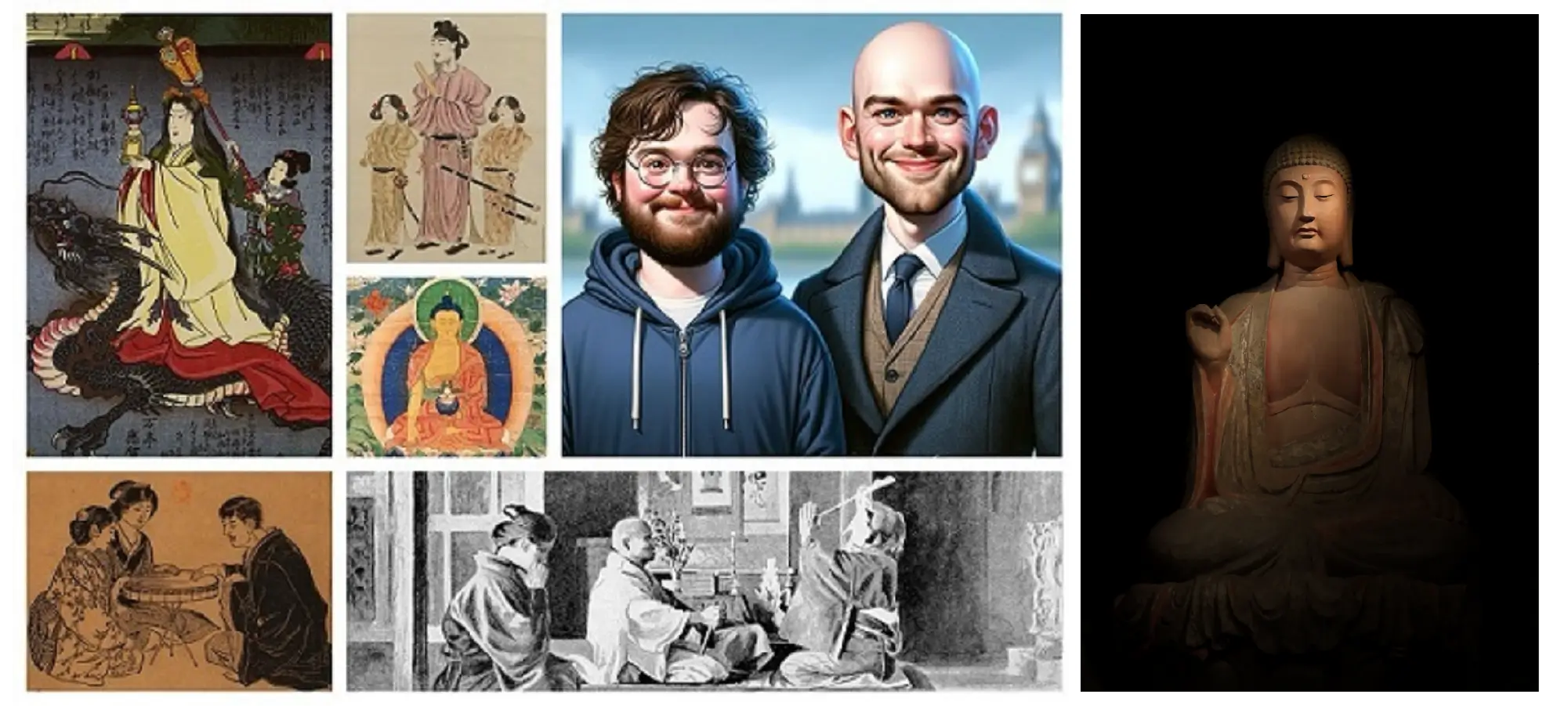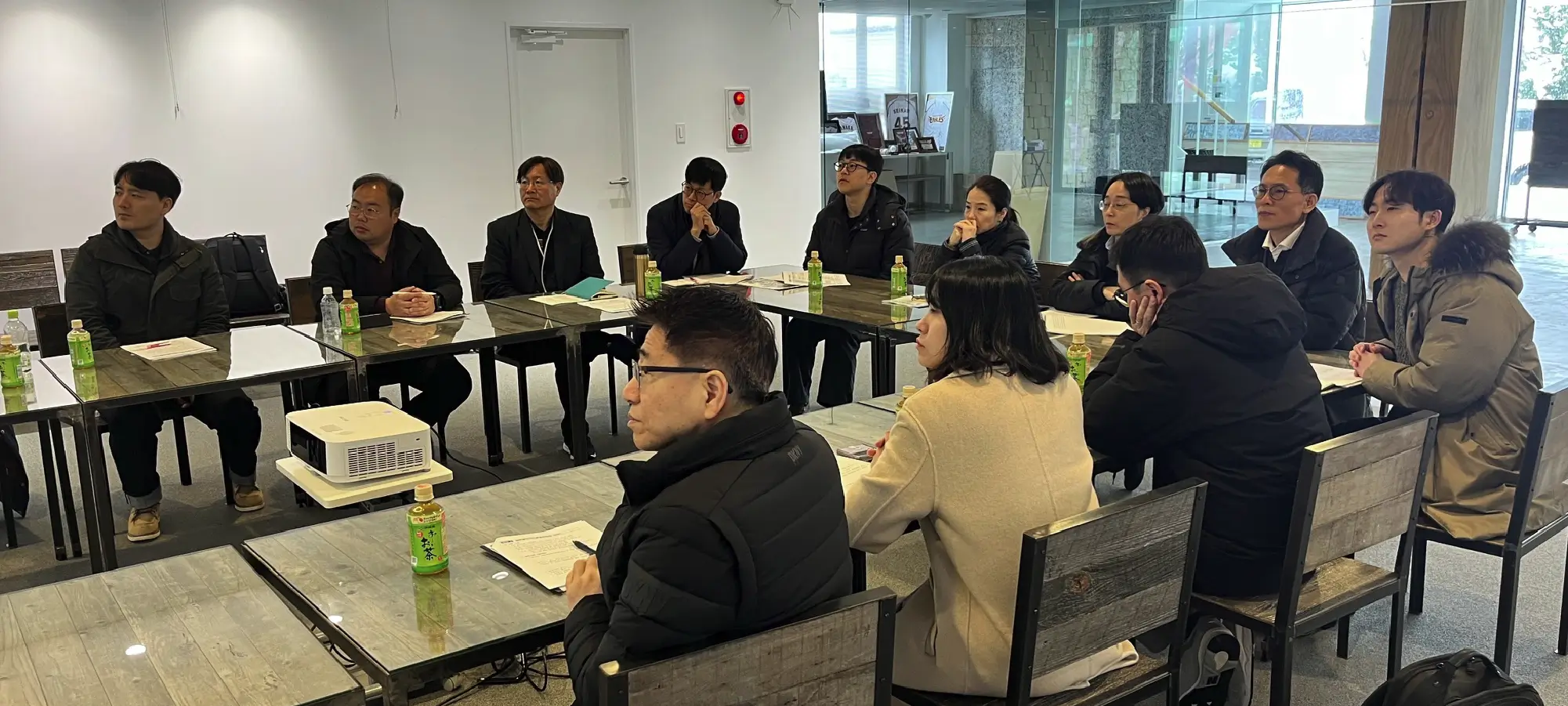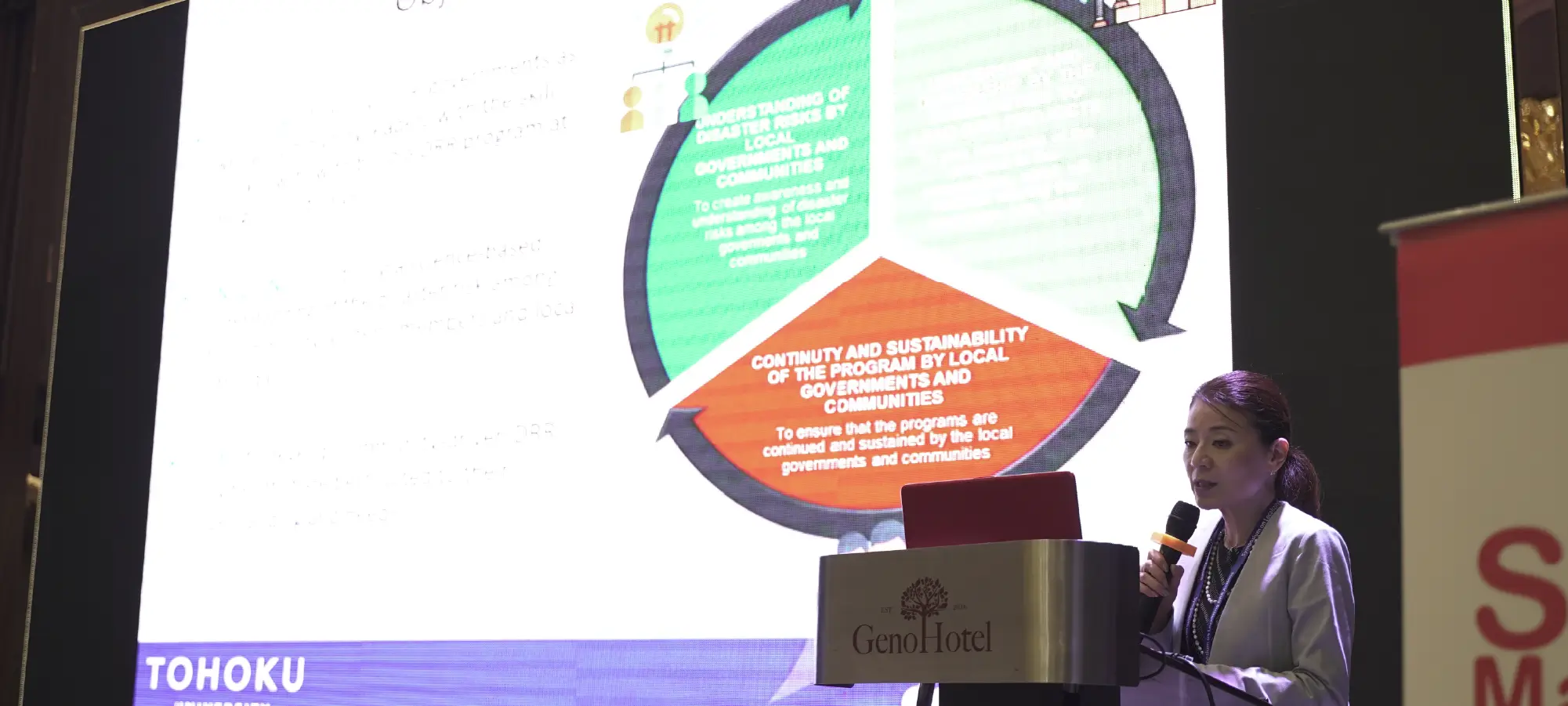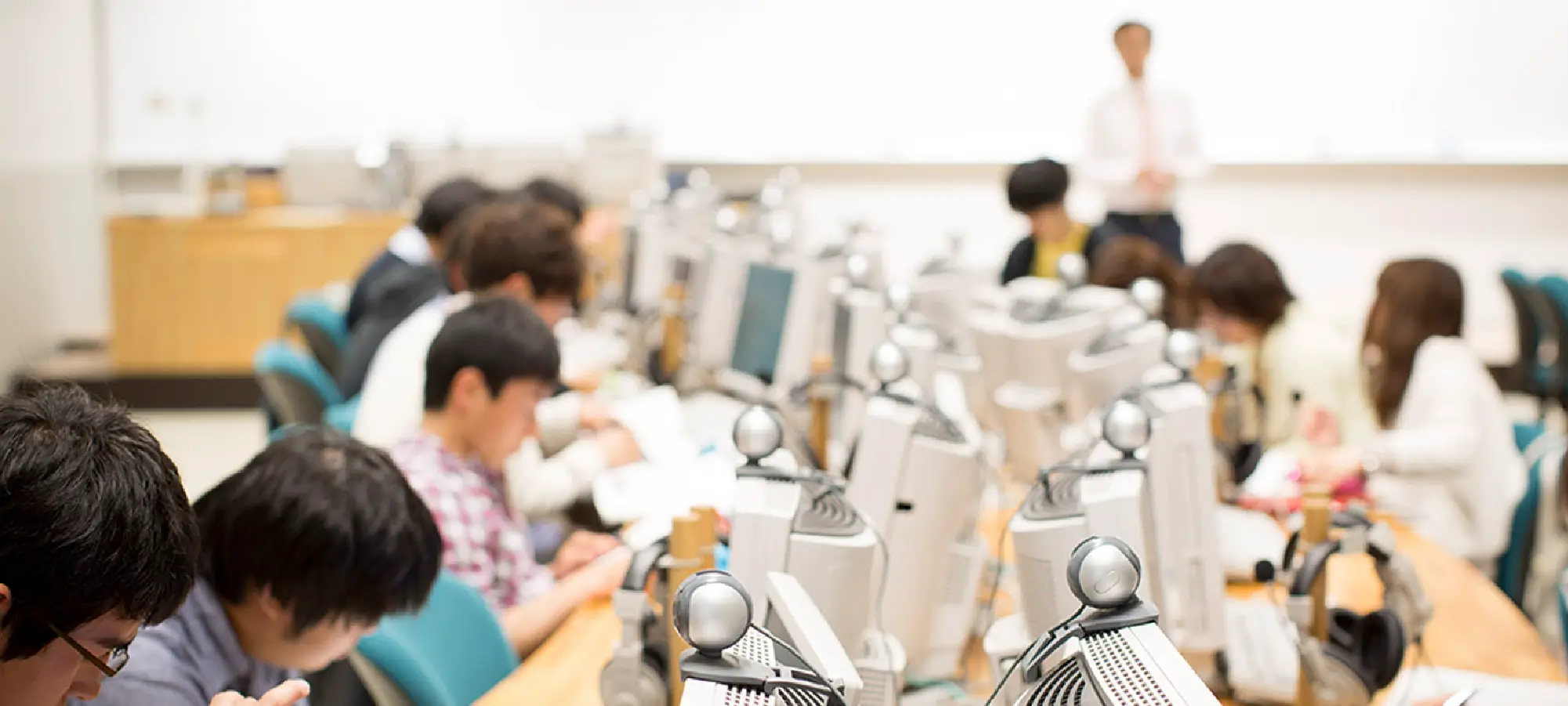
Three research areas (taught in Japanese)
Division of Regional Cultural Studies
Fostering a deep understanding of different cultures

- Department of European and American Studies
- Europe and the United States, which have greatly influenced the modern world, are multilayered regions where various peoples and languages intersect. The Europe-America Studies course will examine the uniqueness and diversity of both continents and promote a holistic understanding of European and American cultures.

- Department of Asian and African Studies
- Understanding the dynamism of Asia and Africa that accompanies the modern world is a pressing issue. The Department of Asian and African Studies promotes empirical research on the cultural characteristics of the Asian and African regions, particularly China and the Islamic world, from multiple perspectives, including religion, history, and literature.

- Department of Contemporary Japanese Media and Gender Studies
- In today's increasingly globalized world, understanding the conditions surrounding contemporary Japan provides a perspective relative to the society in which we live. The Contemporary Japanese Media and Gender Studies course will promote interdisciplinary research on media and gender.

- Department of Japanese Religious and Intellectual History Studies
- The Department of the History of Japanese Religion and Thought aims to provide a deep understanding of modern and contemporary Japanese society from the perspectives of religion and thought. We pursue research on a variety of topics, including modern Japanese Buddhism, Asianism, military thought, scientific theory, nationalism, shūyōron, occultism, and historical thought.
Division of Global Societal Studies
Fostering the ability to solve global problems

- Department of International Politics and Economy
- In order to deepen our understanding of contemporary international society, where “international politics” and “international economics” are closely interrelated, we will focus on political and economic relations between Japan and Asia, Japan and the United States, and Asia and the United States in the context of globalization, and clarify complex and diverse real-life issues from multiple perspectives.

- Department of International Environment and Resources Policy
- There has never been a time when solutions to global environmental problems such as resource depletion and environmental conservation are more needed than today. In the International Environmental Resource Policy Course, research and education are conducted with the aim of fostering human resources who can contribute to the realization of a sustainable society by cultivating the basic knowledge that will contribute to the formulation of public policies.

- Department of Multiculturalism
- Europe and the United States, which have greatly influenced the modern world, are multilayered regions where various ethnic groups and languages intersect. In the Multicultural Studies course, we will examine the uniqueness and diversity of the various regions of both continents and promote a holistic understanding of European and American cultures.
Division of Language Studies
Fostering Communication Skills

- Department of Theoretical Linguistics
- In the global age, communication through language is becoming increasingly important. In the Linguistic Science Research Division, we conduct comparative research on the similarities and differences among the world's various languages and elucidate the various characteristics of natural languages.

- Department of Applied Linguistics
- The program is designed to develop the ability to promote applied linguistics research and language education from an original perspective, in collaboration with the Linguistic Science Research Chair. In addition, the program is designed to further promote research and practice in the field of education utilizing ICT such as e-learning.
